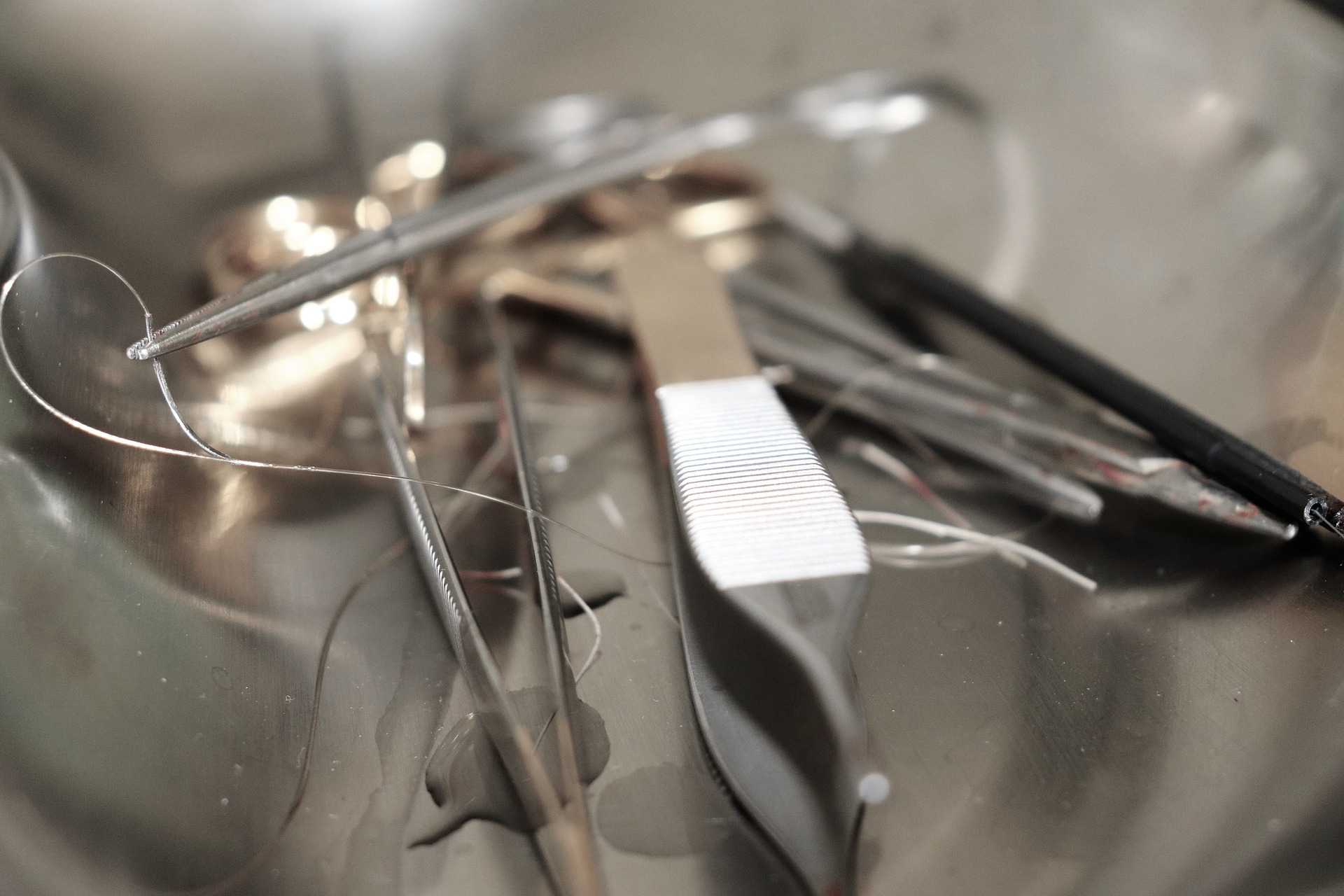End-to-end management offer will support rollout of surgical hubs and improve sustainability

NHS Shared Business Services (NHS SBS) has unveiled a new £1.7billion framework agreement designed to support NHS hospitals and theatres manage sterilisation, decontamination, and repair of surgical equipment more efficiently.
The procurement framework, Decontamination Services and Solutions, offers end-to-end decontamination solutions and comes at a time that sees the building and rollout of surgical hubs being scaled up across the country to increase capacity and ease the pressure on elective surgery.
An estimated 7.2 million people are on NHS waiting lists for operations like hip replacements, cataract surgery, or other types of care.
And surgical hubs, specially designed and built for elective care, are being opened up across the country to address the problem.
They are expected to give rise to at least 100 more operating theatres, help deliver two million extra routine operations, and cut waiting lists for surgical treatments over the next three years.
Reducing the wait
However, surgical and clinical teams are reliant on quick and efficient turnaround of reprocessed and sterilised instruments to operate and undertake procedures, work through the backlog, and reduce further pressure on clinical services.
As part of this, effective decontamination of surgical instruments and equipment is essential for patient safety and to avoid delays and inefficiencies in hospital operating theatres.
There are, however, budgetary and staff constraints.
To aid infection control, spend is increasing on single-use instruments, in turn increasing recycling and waste costs.
To offset this, many trusts are turning to reusable Personal Protective Equipment to support sustainability goals and reduce environmental impact, putting pressure on decontamination services.
Counting the cost
For instance, the increase in robotic surgery provision has created a need for specialist decontamination services to manage the reprocessing of highly-delicate instruments.
NHS organisations are also facing a shortage of decontamination staff, resulting in increased training requirements to upskill in-house teams.
Our all-encompassing Decontamination Services and Solutions framework agreement supports best practice, compliance, and drives sustainability and cost effectiveness
Comprising four lots (service types), NHS SBS’s framework agreement covers the provision of outsourced decontamination and sterilisation of surgical instruments either onsite or of offsite, and involves the cleaning, reprocessing, repair, and sterilisation of surgical instruments to support surgery and other activities.
The framework also includes options to procure specialist equipment for the reprocessing of high-level disinfection of probes.
Many medical probes are designed to be reusable and reprocessing allows healthcare facilities to effectively clean and disinfect them, critical to prevention and spread of Infection and maintaining patient safety.
Convenient, compliant, and cost effective
The free-to-access framework agreement provides a convenient, compliant, and cost-effective method of purchasing decontamination services and solutions at pace.
And NHS trusts can use it to choose and purchase goods and services from seven suppliers, each of which has undergone a competitive and rigorous selection process to be included on the framework agreement.
They are: B Braun Medical, Germitec, 13 Medical, IHSS, Nanosonics, Nuffield Health, and Steris.
Elaine Alsop, head of category for health at NHS SBS, said: “Infection control has never been so important and with the expansion of surgical hubs being ramped up, decontamination services and solutions are crucial to keeping patients safe.
“Our all-encompassing Decontamination Services and Solutions framework agreement supports best practice, compliance, and drives sustainability and cost effectiveness.
“It offers options from complete outsourcing of decontamination services, the ability for extra capacity to be provided either in an emergency or long term to augment a customer’s own facilities, and a specialist lot for the decontamination of high-level probes.
“Developed in collaboration with NHS clinical stakeholders, NHS trust procurement teams, and leading decontamination solution vendors, it has taken a high-level approach in reviewing the market, capturing service needs, and offering NHS trusts the choice to combine multiple service options and offerings to suit their specific decontamination needs, meet challenges, and keep patients safe. “